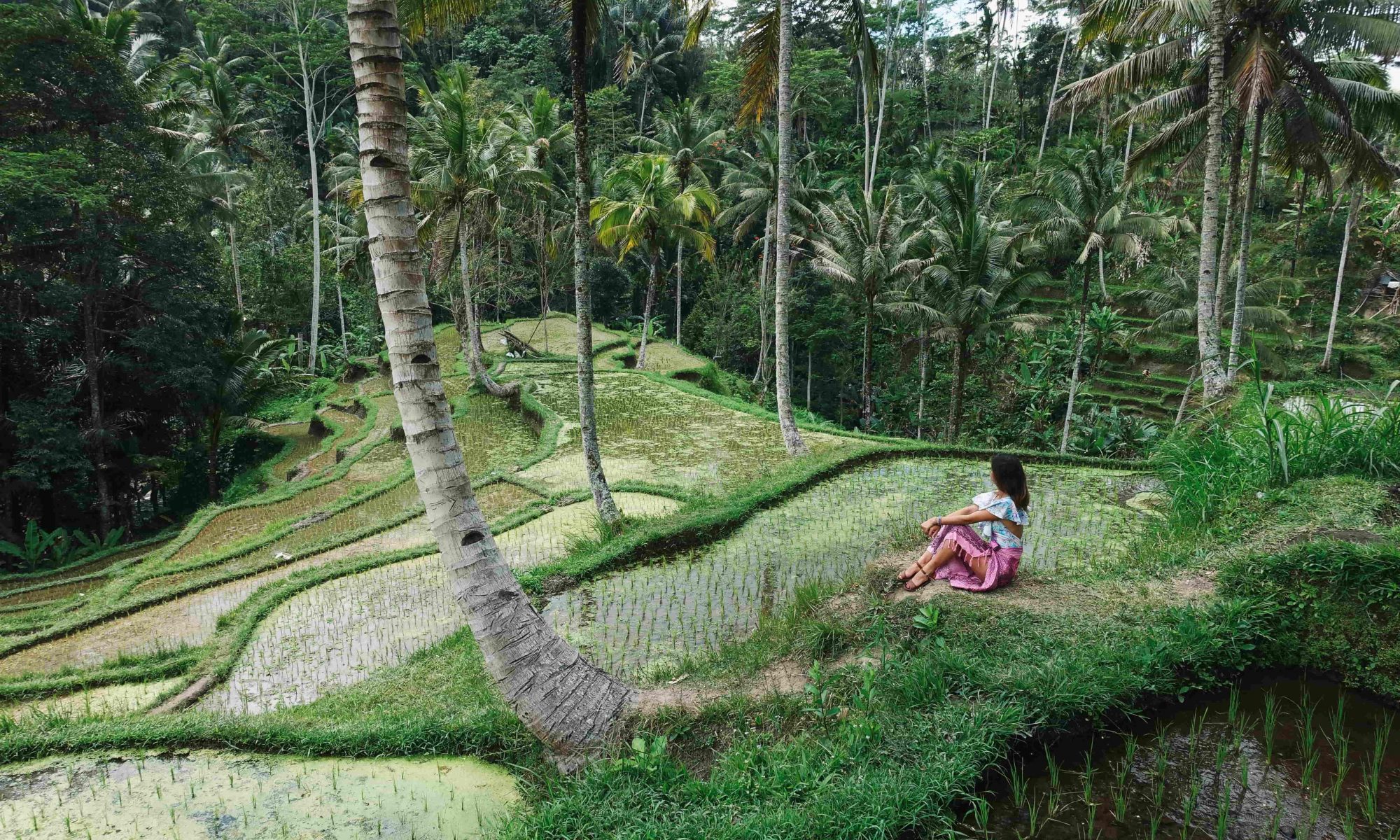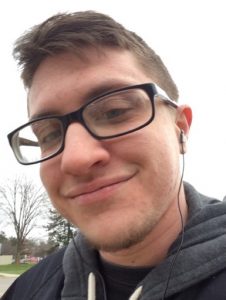Stephanie Gerretsen
PhD ’18, Taubman College of Architecture and Urban and Regional Planning

In collaboration with São Paulo-based architecture firm, Raddar, and Union of Residents and Commerce of Paraisópolis (UMCP), Stephanie and Alexis are investigating land use and environmental laws, legal interventions, urban governance practices, and grassroots strategies affiliated with environmental risk as it relates to flooding and water contamination in Latin American informal settlements. The primary outcome for this project is to develop implementation strategies for a Socio-Environmental Risk Management Plan that is focused on mitigating the effects of environmental hazards for residents living in Paraisópolis, an upgraded informal settlement located within an upscale region of the city of São Paulo. Like most periphery areas in Latin America, these zones have a disproportionate number of informal and illegally subdivided settlements as compared to the city center (Buddsand Teixeira, 2005). Furthermore, environmental hazards are particularly damaging in informal areas because of unstable construction in areas of high environmental vulnerability, including riparian banks, drainage zones, and steep slopes where landslides are most likely to occur (Jacobi et al., 2015). The confluence of housing informality, precarious water infrastructure, and uneven governmental responses have produced contestations over how to better serve these residents. These debates have intensified in light of climate change and its catalyzing effect on the frequency of extreme weather events.
Library Mentor: Lori Tschirhart





